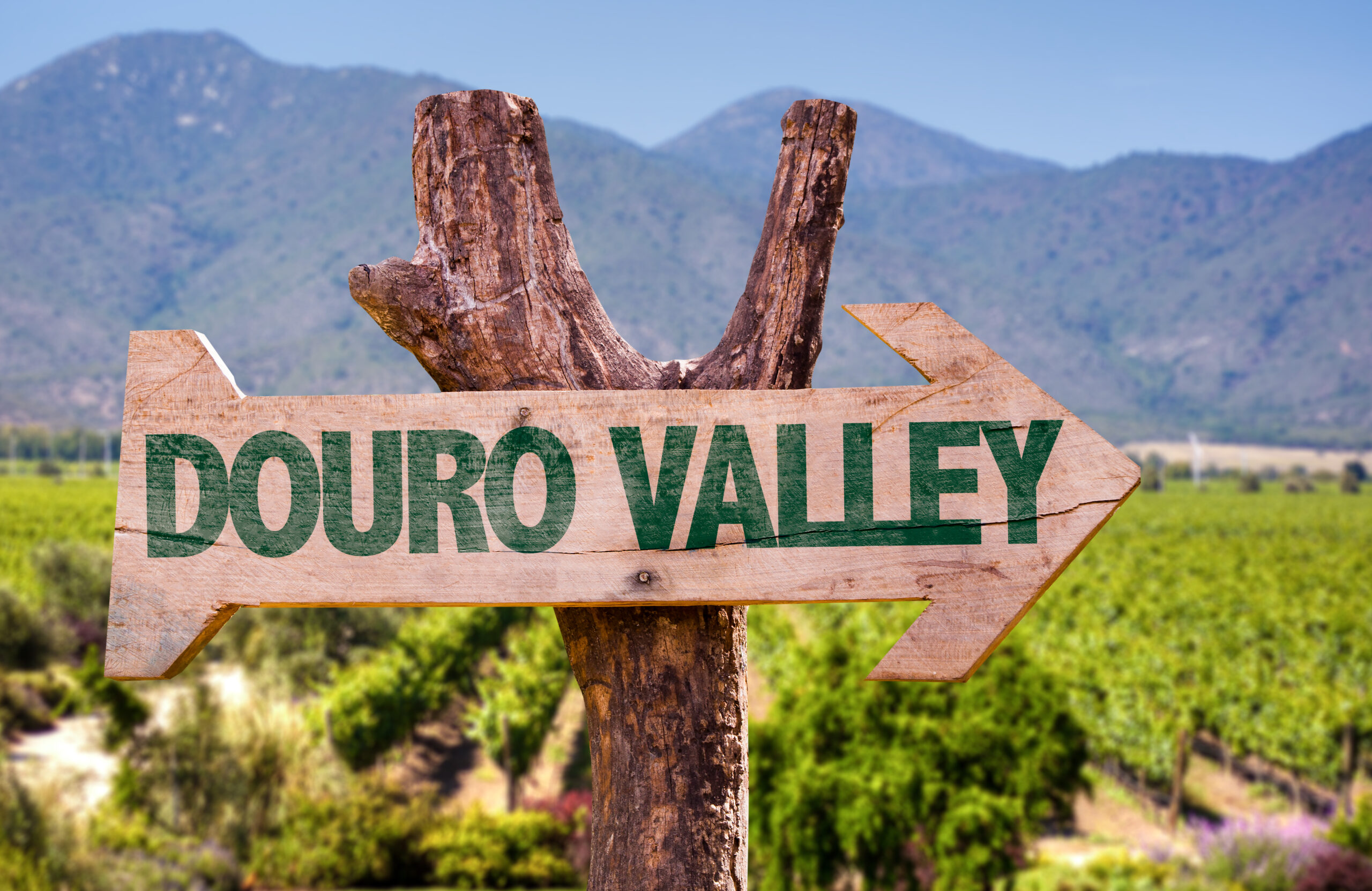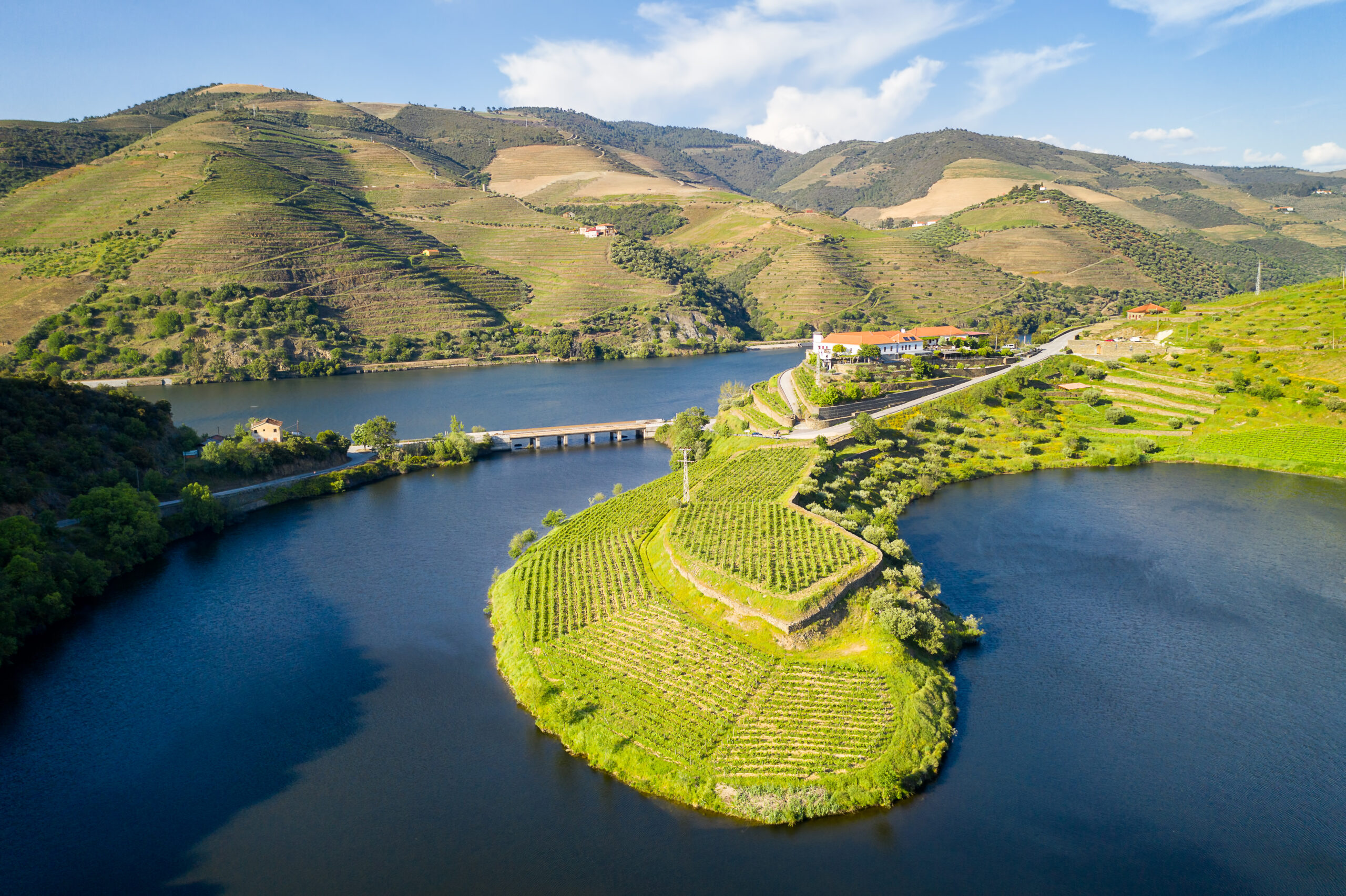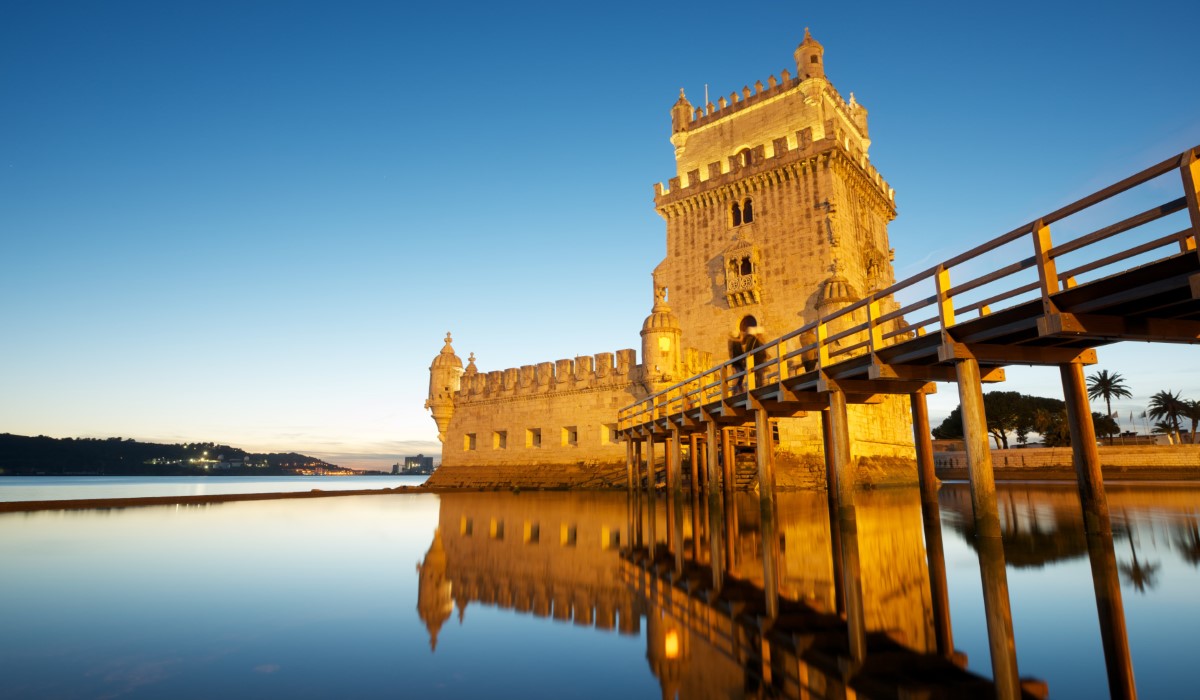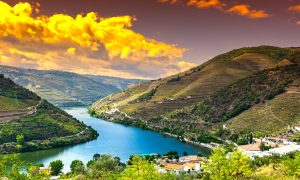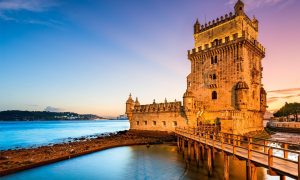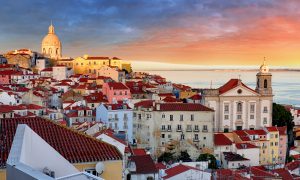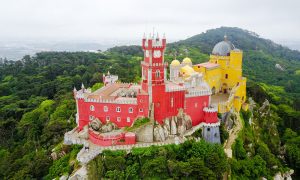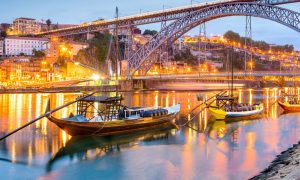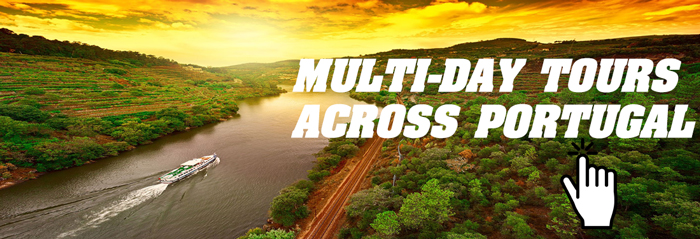Portugal, a country known for its stunning beaches, delicious cuisine, and rich history, is also home to one of the most unique and versatile materials in the world – cork. Located in the southwestern part of Europe, Portugal is the largest producer of cork in the world, accounting for over 50% of the global production. The country’s long-standing relationship with cork dates back centuries, making it an integral part of Portuguese culture and economy. In this article, we will take a closer look at Portugal’s cork industry, its history, production, and where to see it in action.
Historical Description:
The use of cork in Portugal can be traced back to the 13th century when the country’s first cork oak forests were planted. However, it wasn’t until the 18th century that cork became a significant part of Portugal’s economy. During this time, the demand for cork increased due to its use in wine bottle stoppers. Portugal’s ideal climate and soil conditions made it the perfect place for cork oak trees to thrive, leading to a boom in the country’s cork industry.
In the 19th century, Portugal’s cork industry faced a major setback when the phylloxera epidemic destroyed most of the country’s vineyards. This led to a decline in the demand for cork, and many cork factories were forced to shut down. However, with the rise of new industries such as construction and automobile, the demand for cork increased once again, and Portugal’s cork industry flourished.
Today, Portugal is home to over 730,000 hectares of cork oak forests, making it the largest producer of cork in the world. These forests are mainly located in the southern part of the country, particularly in Alentejo and Algarve regions. The cork industry employs over 12,000 people in Portugal and contributes significantly to the country’s economy.
Production:
Cork is a natural, renewable, and sustainable material that is harvested from the bark of cork oak trees. The process of harvesting cork is known as “stripping,” and it is done by hand every nine years. This process does not harm the tree, and the bark grows back, making it a truly sustainable industry.
Portugal’s cork production is highly regulated, and the country has strict laws in place to protect its cork oak forests. The Portuguese Institute for Cork and Wood (APCOR) is responsible for regulating the industry and ensuring that the harvesting process is done sustainably. In fact, Portugal’s cork oak forests have been recognized as a UNESCO World Heritage Site for their cultural and ecological significance.
Once the cork is harvested, it goes through a series of processes to make it suitable for various uses. The first step is boiling the cork to remove any impurities and make it more pliable. The cork is then cut into sheets and left to dry for several months. After drying, the cork is sorted based on its quality and thickness. The highest quality cork is used for wine bottle stoppers, while the lower quality ones are used for other products such as flooring, insulation, and fashion accessories.
Statistics:
As mentioned earlier, Portugal is the largest producer of cork in the world, accounting for over 50% of the global production. The country produces around 100,000 tons of cork annually, with over 70% of it being used for wine bottle stoppers. Portugal’s cork industry generates over 1 billion euros in revenue each year, making it a vital part of the country’s economy.
Where to See:
If you want to see Portugal’s cork industry in action, there are several places you can visit. One of the most popular destinations is the town of Coruche, located in the heart of Portugal’s cork region. Here, you can visit a cork factory and see how the material is harvested, processed, and turned into various products. You can also take a tour of the cork oak forests and learn about the importance of sustainable harvesting.
Another must-visit place is the town of São Brás de Alportel, also known as the “Cork Capital” of Portugal. This town is home to the Cork Museum, where you can learn about the history of cork and its various uses. The museum also has a shop where you can purchase unique cork products, such as bags, hats, and even furniture.
General Uses of Cork:
Cork is a versatile material that has a wide range of uses. Its most well-known use is as a wine bottle stopper, but it is also used in various other industries. In construction, cork is used as an eco-friendly and sustainable alternative to traditional insulation materials. It is also used in flooring, as it is durable, comfortable to walk on, and has excellent sound-absorbing properties.
Cork is also used in fashion and design, with many designers incorporating it into their collections. Its unique texture and lightweight make it a popular choice for accessories such as bags, shoes, and jewelry. In addition to these uses, cork is also used in the production of musical instruments, sports equipment, and even spacecraft.
Conclusion:
In conclusion, Portugal’s cork industry is a vital part of the country’s culture and economy. Its long-standing history and sustainable practices have made it a global leader in cork production. From its use in wine bottle stoppers to its various applications in different industries, cork continues to be a versatile and valuable material. So, the next time you open a bottle of wine or walk on a cork floor, remember that it all started in Portugal’s beautiful cork oak forests.




